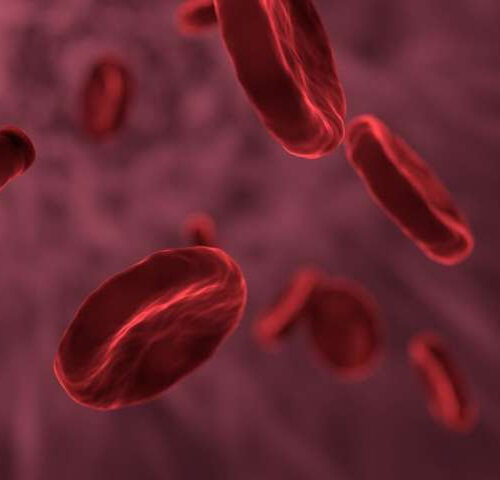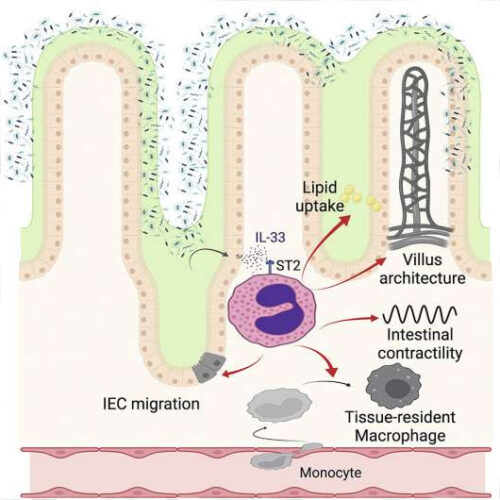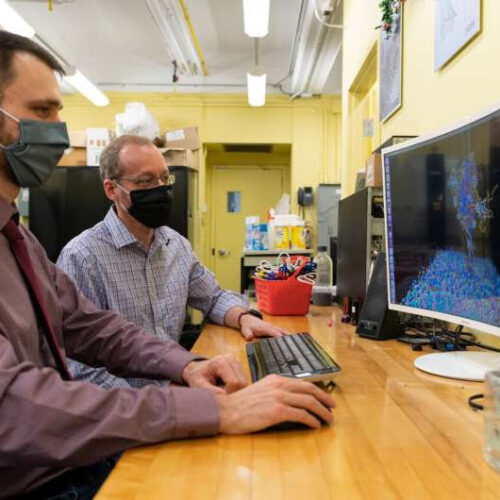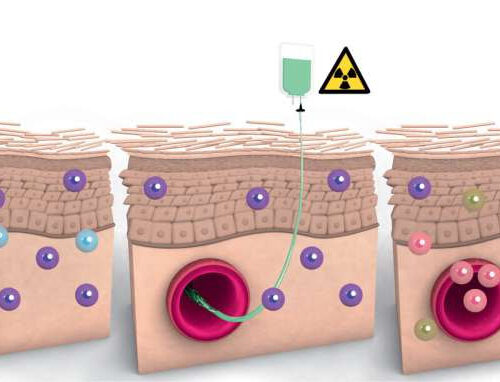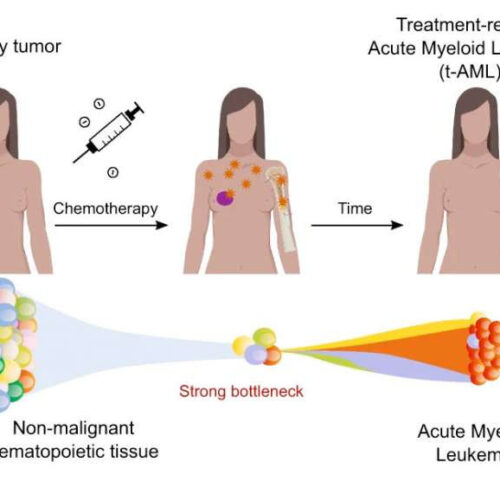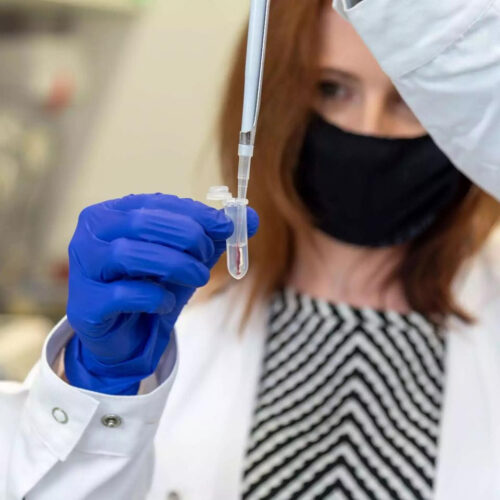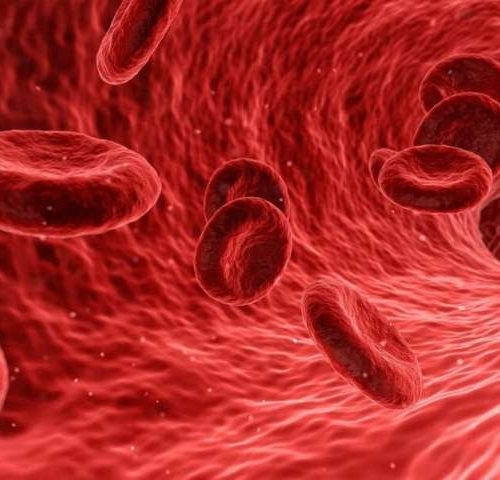by Weill Cornell Medical College Credit: CC0 Public Domain A common, spontaneous mutation in blood stem cells, which has been linked to higher risks of blood cancer and cardiovascular disease, may promote these diseases by altering the stem cells’ programming of gene activity and the mix of blood cells they produce, according to a study...
Tag: <span>blood cells</span>
‘Bad guy’ blood cells vital to gut health found
by Monash University Graphical abstract. Credit: Immunity (2022). DOI: 10.1016/j.immuni.2022.05.014 A Monash University collaboration has found that eosinophils, a type of white blood cell commonly associated with asthma and allergy, play an important role in maintaining a healthy gut. Professor Nicola Harris, from Monash’s Central Clinical School, made the surprising discovery working with study co-lead, Professor Kathy...
Researchers re-engineer red blood cells to trigger immune system against COVID-19
by McMaster University Lead author Sebastian Himbert (left) and professor Maikel Rheinstadter (right), who supervised the paper, in their lab at McMaster University. Credit: Matthew Clarke/McMaster University Physicists, chemists and immunologists at McMaster University have teamed up to modify red blood cells to transport viral agents which can safely trigger the immune system to protect...
Contrary to previous belief, some blood cells stay in tissues for years
LEIBNIZ INSTITUTE FOR NATURAL PRODUCT RESEARCH AND INFECTION BIOLOGY – HANS KNOELL INSTITUTE Jena. Human immune cells not only circulate in the blood, but can also occupy certain tissues and sometimes remain there for years. A research team led by immunologist Christina Zielinski discovered this phenomenon by examining patient samples after stem cell transplantation. In...
Contrary to previous belief, some blood cells stay in tissues for years
by Hans-Knöll-Institut Resident T cells (purple) survive radiation and chemotherapy in some patients. Donor cells (pink and green) are thus primarily found in the bloodstream. Credit: Daniela Leitner When pathogens enter the human body, a large number of immune cells are quickly on hand to recognize and destroy the invaders. Among them are T cells,...
How the impact of chemotherapy on healthy cells affects the development of blood cells
by Institute for Research in Biomedicine (IRB Barcelona) Cancer (purple) patients exposed to chemotherapy, which damage cells DNA (orange stars), may develop treatment related acute myeloid leukimia (tAMLs). Non-malignant hematopoietic cells at the time of exposure to chemotherapy are faced with a bottleneck that reduces the population, leading to the development of AML over time. Credit:...
How a COVID-19 infection changes blood cells in the long run
MAX-PLANCK-GESELLSCHAFT IMAGE: DILUTING OF A BLOOD SAMPLE. CREDIT: MPI FOR THE SCIENCE OF LIGHT Using real-time deformability cytometry, researchers at the Max-Planck-Zentrum für Physik und Medizin in Erlangen were able to show for the first time: Covid-19 significantly changes the size and stiffness of red and white blood cells – sometimes over months. These results may help...
Too much of a good thing—persistent IFNγ depletes progenitor blood cells via BST2
by Baylor College of Medicine Credit: CC0 Public Domain When a person has an infection, the body activates immune responses to fight it. IFNγ is an inflammatory molecule produced by the immune system that helps fight infections. However, long-term exposure to IFNγ has undesirable consequences—it irreversibly exhausts blood stem cells, the progenitors of all blood cells, including immune cells, by triggering their proliferation and excessive terminal...
Exploring connections between ovarian cancer and blood cells
Dr. Abhishek Jain, assistant professor in the Department of Biomedical Engineering and the Department of Medical Physiology in the College of Medicine, collaborated with researchers from the Departments of Gynecologic Oncology and Cancer Biology at MD Anderson Cancer Center to gain a better understanding of the interaction among ovarian cancer tumors, blood vessels and platelets....
Scientists work to freeze-dry synthetic platelets
A Case Western Reserve University scientist, who has for more than a decade pioneered research into synthetic platelet substitutes, has been awarded a $3.8 million grant by the U.S. Department of Defense (DOD) to develop freeze-dried artificial platelets that can treat bleeding in wounded soldiers in the battlefield before they can be taken to a...

